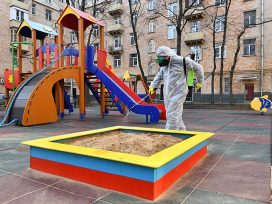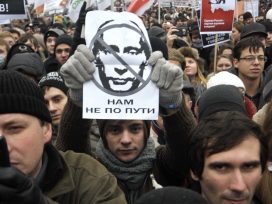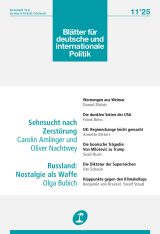
Our dear friends in Moscow
An interview with Irina Borogan and Andrei Soldatov
Putin’s crack-down on dissent at the beginning of his third term was a watershed moment for Russian journalism. While the majority of critical reporters were forced to leave, those that remained morphed into regime propagandists. How to explain their political subservience?







